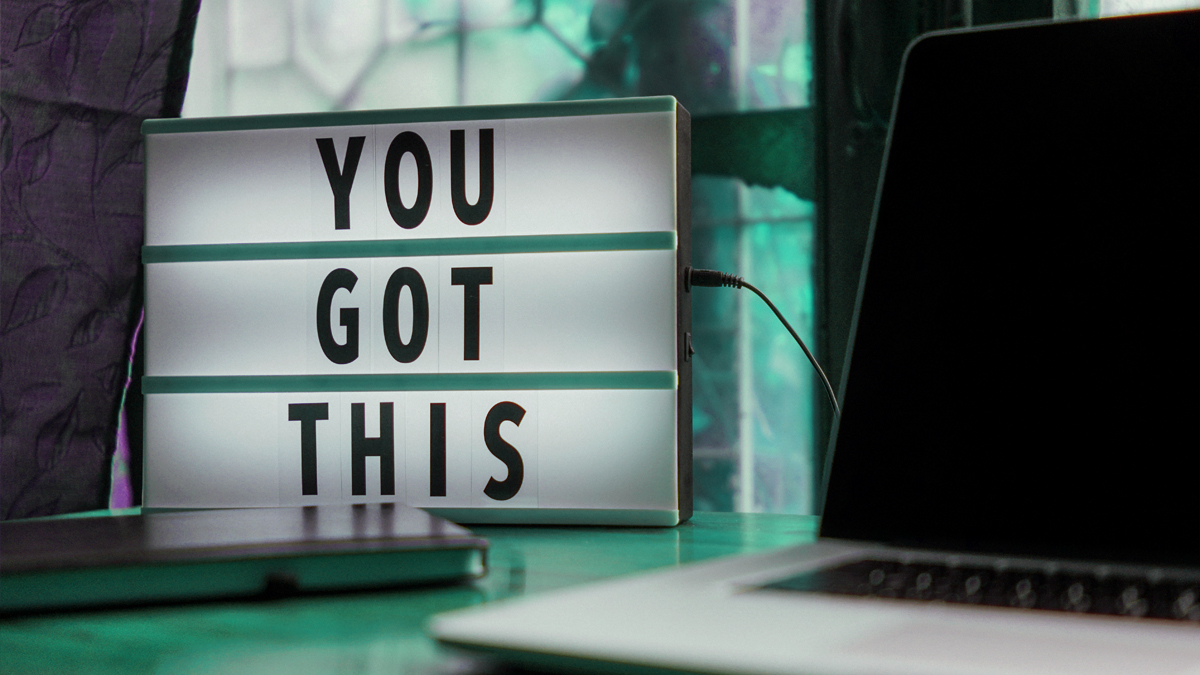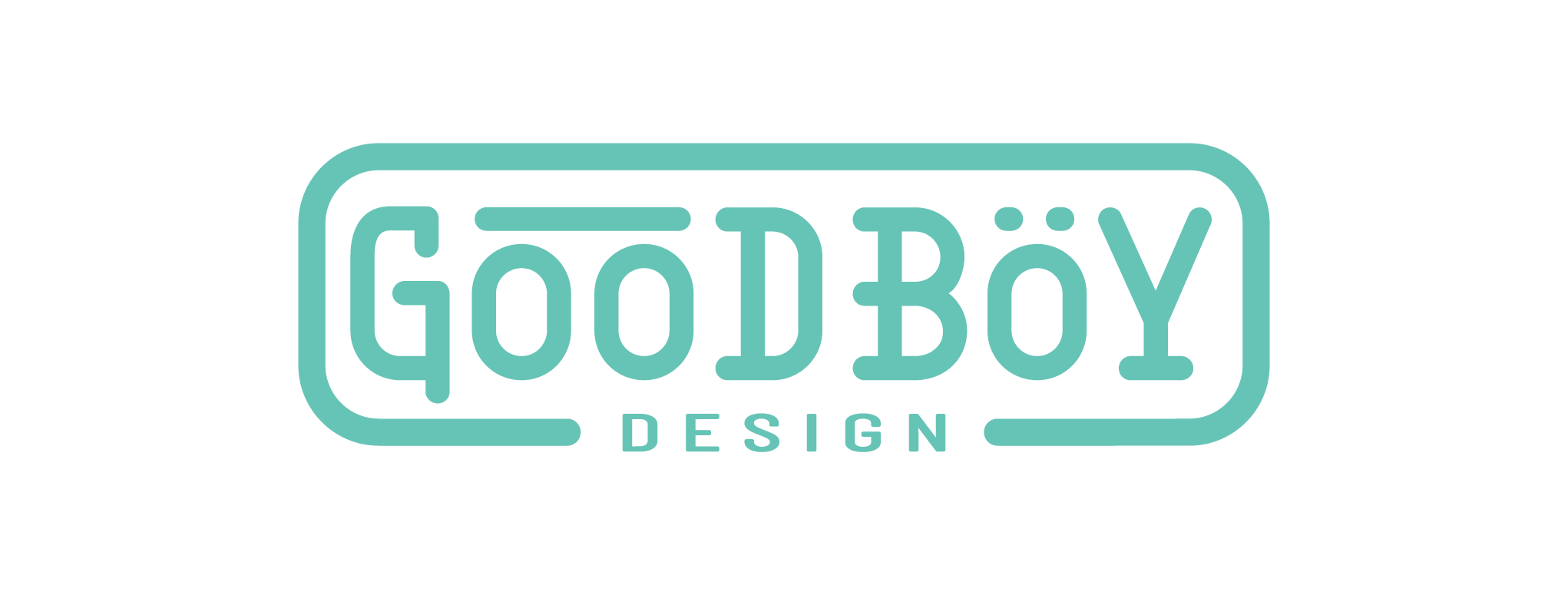
You aren’t alone. There are millions of Americans stuck working their 9-5 jobs with dreams of one day running their own small business. Eventually, some of them will take the leap, while the more risk-averse individuals may stand on that ledge for years or even decades. This is the million dollar question- how does one know when they are ready to take that leap, part ways with their current employer, and commit full-time to their passion with no turning back?
I could tell you how it happened for me, but I thought it would be more useful to interview several other small business owners in various industries to see if I could find a common denominator and really try to understand what separates those who take the leap and those who stand on the edge for eternity. For this blog, I interviewed a few friends of mine who started companies in various industries- a cannabis company, an aerospace technology company, a hotel, a cleaning company, and a brewery.
I’ve found that in order to deem yourself ready to launch, you need to consider three variables- your skills, your plan, and your mentality. The skills and plan are the easiest of the three to check off- so in conducting my interviews I really tried to focus on the mentality and understanding where motivation comes from. But I’ll share a bit about the skills and plan from my own personal experience.
YOUR SKILLS
In my experience, art and graphic design has always been a passion. With no formal education, my desire to learn and master my craft was self-motivated. It really wasn’t until I landed my first apprenticeship at another design company that I was able to benchmark my work against the rest of the industry and realize that my work was on par, and even better than many of the other designers in this field. I was always teaching myself new styles and techniques in Illustrator through Youtube tutorials, Udemy and Skillshare, but also was able to learn about how to streamline my design process by working with some of the best in the industry.
If your skills are not on par with or better than other established businesses in your industry, then you are not ready to launch. Commit a few hours a week to sharpening your skills, and really trying to understand how you can improve. Websites like Skillshare are only about $100 a year. As your skillset grows and you reach a point where you are confident that your product or service will yield happy customers, you should consider your plan.
YOUR PLAN
I’m not much of a planner. When I launched GoodBoy, I didn’t have any sort of concrete plan- it was really just a loose idea in my head. That didn’t mean I didn’t consider what I was getting myself into financially. When it comes to planning, the most important thing to consider is how you will handle your finances. Marketing/advertising/accounting and many of the other aspects of your business you will learn as you go through trial and error.
Consider your current cost of living. At the time, I was living in an apartment with my fiancee that costed $950/month. I was responsible for half of that, or $475. I lived in a rural area where the demand for housing was much lower, and I was able to keep my costs low that way. All utilities were split two ways as well- my internet was $50/month, I didn’t have cable, my electricity was about $80/month, my car payment was about $70/month, food is about $600/month and my car insurance was about $45/month. In total, I could live comfortably for about $1300/month. For many of you, these costs are probably higher, especially if you have debt. But there is always room to adjust your budget and bring some of these costs down. Find out how much money is required for you to live comfortably.
If you divide that number by 4, you will get your weekly cost of living. I require about $340 a week to cover my cost of living. I needed to pull in about $400 per week (before taxes) to sustain my lifestyle at the time.
Now, consider how much money in savings you have. I knew that in launching my business, realistically I probably wouldn’t hit my $400 requirement per week right off the bat. Maybe I would, maybe I wouldn’t. Expenses are high in your first few weeks of business so you should plan for a loss. I wasn’t in the best financial situation when I started GoodBoy, but I at least had enough savings to cover my cost of living for about 3-6 months. Most of my savings were tied up in retirement accounts but I had some liquidity to get me through a few challenging months. How long could you go without making any income? What are your startup costs?
After analyzing this data, I came to the conclusion that I would have about 4 months of trial and error and burning my savings to get myself to a point of sustainability and make enough income to cover my cost of living. And to me, that goal was very realistic. When you don’t have a 9-5 job, you have an infinite amount of time to commit to figuring out how you are going to make enough money to survive.
When it comes to planning, there are plenty of people or companies who can help you with advertising and accounting, etc. What is most important, from a planning standpoint, is to figure out how much time you have to get to a point where you are making enough money to sustain yourself.
Once you have your skills and your plan, you just need the mentality. I could tell you how it happened for me, but I thought it would be more useful to interview several other small business owners in various industries to see if I could find a common denominator and really try to understand what separates those who take the leap and those who stand on the edge for eternity. For this blog, I interviewed a few friends of mine who started companies in various industries- a cannabis company, an aerospace technology company, a hotel, a cleaning company, and a brewery.
YOUR MENTALITY
Through talking to these small business owners, I realized that in order to be mentally prepared to take the leap, both “push” and “pull” drivers are probably necessary. If you have always wanted to start a small business, I would consider that a “pull”. You are drawn to an idea. This passion of yours is beckoning to you, constantly whispering in your ear and telling you that you were meant to do this.
Andrew of Kind Acres Farm said his passion for growing cannabis started out as a hobby to supply a few friends. “When my friends were asking for more than I could grow I knew it was time to take the next step into a larger setup”. Andrew’s passion pulled him into the cannabis industry at the perfect time and now runs a hugely successful operation.
In each and every interview I conducted, I found that not only was there this “pull” factor, but there was also a “push”. When I say “push”, I am referring to an invisible force that is pushing an individual out of their current position. For example, some individuals felt unappreciated at their work place, some felt like their managers weren’t taking full advantage of what they had to offer or realizing their full potential, and others just simply felt like they were capable of much greater things, myself included. It is equally as important to have a drive to leave your current position in life (a “push”) as it is to have that passion for your craft (a “pull”).
Do you have the “push” and the “pull” factor? What now?
Tyler, owner of Pristine Cleaning Co. said “For me it really came down to just having the confidence to know that I could succeed in making a living on my own”.
Kyle, former SpaceX engineer and owner of Prime Lightworks Inc. said “There was a day when I was not sure if I was ready to start and a great friend of mine told me you just have to go for it. He was right.”
I can attest to both of these. For me, personally, I had quit my job because I felt unappreciated and was just about to start a new job at a different company. The morning I was supposed to start, I realized that this new job really wasn’t changing anything for me. It was the same position, but for a few more dollars an hour. I didn’t show up to that first day of work. Instead, I realized that this is it. This is the day that I start my business. I needed to just do it and not look back. I had that “pull” factor for many years, but this realization that my position in life was not going to change unless I took a serious risk was the ultimate “push” factor that allowed me to take the leap. It wasn’t that I was in a great position financially to do this, but mentally I just couldn’t continue down this path I was on.
Justin, owner of Hostel of Maine in Carrabassett Valley, said “For us launching meant diving in when we felt like we’d regret not doing it more than we’d regret starting and failing”. If you have a business idea that you are obsessing over in your mind, there is no reason to believe those thoughts will just go away on their own. Especially if it’s a feasible idea and something you are passionate about. It is likely that those thoughts will always linger, and even amplify anytime you run into issues in your workplace. I knew that I would eventually launch GoodBoy at some point in my life, but I just kept putting it off to avoid the risk, thinking I would wait until later when I’m in a better position. The truth is, if anything, my position only got worse and I launched anyway.
In addition to having these “push” and “pull” factors, a landmark event or catalyst has to occur. If every day in your life is pretty much the same right now, it is likely that it will remain the same until something new happens. Try something new.
Tyler did some traveling, and just having the opportunity to see new things really allowed him to open his mind and see that the world is much bigger than the confines of his cubicle. Kyle was working on prototypes for a renewable aerospace technology and had a breakthrough realization that inspired him to pursue a specific type of technology. Justin happened to stumble into a real estate listing for the perfect property, and having a more concrete visualization of his dream inspired him to proceed with the Hostel of Maine. For Andrew, the growing public acceptance and legality of marijuana was a huge catalyst to his success. In my case, I started a new job (and left immediately). Sometimes an external catalyst will trigger you to take the leap, but sometimes you just need to find your own catalyst. Seek out new opportunities (or travel!). Talk to other small business owners. Become inspired.
CONCLUSION
I’ll end this some wise words from Brady, owner of Yes Brewing in Westbrook “It takes patience to bootstrap small companies from your imagination…. But I cannot express how gratifying it is to create things that encapsulate your personality and your desired contribution to the industry you enter and your community at large”.
Everyone I interviewed was scared to take on the added risk and responsibility. We all spent too much time on the fence. But in the end, none of us wanted to live a life of regret. There may never be that ideal moment to start your business, so why wait? If you are there mentally and have somewhat of a workable plan, then it is very likely the only thing holding you back is yourself. It is a survival skill and part of our own human nature to avoid taking on risks that could endanger our lives. But just remember- there are a lot of great people in this world who will support you when you do take the leap.
If you have any questions related to starting a business, or if you need help coming up with a logo or website for your startup, please feel free to reach GoodBoy Design and we are happy to help bring your ideas to life.


